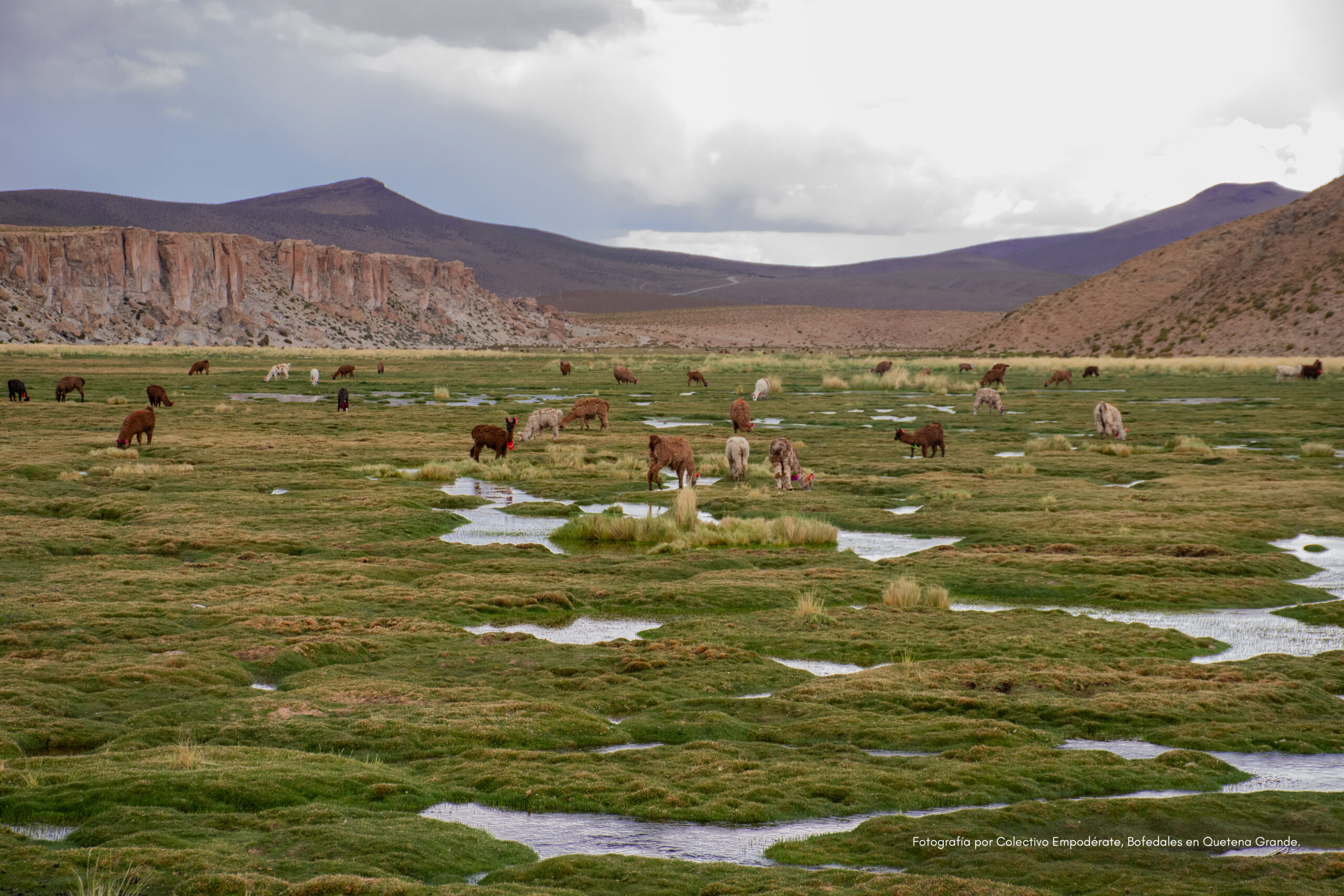The growing global demand for transition minerals—including lithium, copper, and nickel—driven by the current energy
transition model, but also by the expansion of the digital economy, data infrastructure, and the military and aerospace industries, is causing irreversible ecological damage and violating fundamental human rights across the territories of the Global South.
Latin America is the most biodiverse region on the planet and one of the richest regions in cultural diversity. It is home to numerous indigenous peoples who inhabit and safeguard these territories. At the same time, it contains significant mineral deposits, creating an intersection between the growing global interest in mineral extraction and fragile ecosystems and territories of traditional and indigenous communities, such as the Amazon and the Andean wetlands. This scenario exacerbates climate vulnerability and creates the conditions for the emergence of socio-environmental conflicts, compromising the ecological and cultural integrity of these territories.
The push for scaling up extraction contradicts multilateral frameworks as well as climate and biodiversity commitments that the EU has subscribed to. This tendency bears the risk of reproducing the same patterns of global inequality and climate damage these policies claim to overcome.
The Alliance for Andean Wetlands calls on the European Union to adopt measures for a paradigm shift towards Raw Materials Policies that do not perpetuate inequalities and harm people and ecosystems, by:
- Ensuring full compliance with its binding international human rights obligations and maintaining its high standards of human rights and environmental due diligence.
- Guaranteeing maximum transparency, access to information, and inclusive participation of affected communities and civil society in the Global South.
- Challenging the projections of transition raw materials demand and rapidly adopting policies to reduce the production and consumption of primary minerals in the EU.
